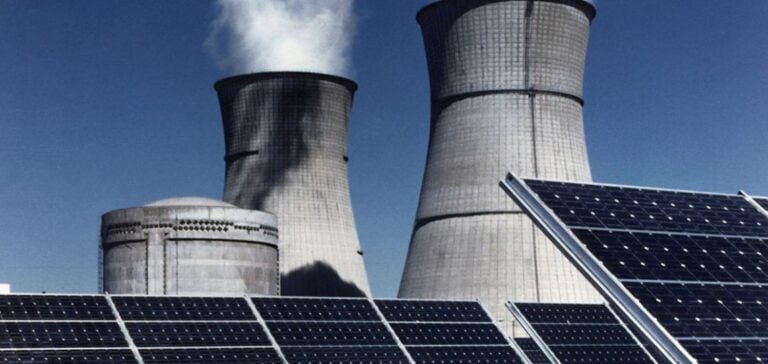According to statements by Bruno Le Maire, French electricity bills will fall by 10-15% by February 2025. This reduction will be made possible by investments in nuclear power generation, with 330 terawatt-hours of nuclear power produced last year, and in renewable energies. The Minister stresses the importance of France’s energy independence, in contrast to the Rassemblement National’s strategy of dependence on oil and gas exporting countries.
Criticism of the Rassemblement National’s strategy
Bruno Le Maire firmly denounces the Rassemblement National’s position on energy, accusing the party of wanting to make France dependent on gas and oil-producing countries, notably Russia. “The Rassemblement National has made it very clear through Marine Le Pen that it doesn’t believe in renewable energies”, he asserts, pointing to the risks of such a strategy for French people’s wallets in the event of soaring world prices.
Preparing for the future of energy
These investments in nuclear power and renewable energies are part of a long-term vision aimed at preparing France’s energy future. By stepping up the production of low-carbon electricity, the country aims to reduce its dependence on imported fossil fuels while meeting its climate commitments. The government is banking on a balanced energy mix, combining nuclear, solar, wind and other clean energy sources.
Future rate increases
Despite promising lower electricity bills, the Minister acknowledges that gas bills will rise by an average of 11.7% on July 1, due to higher world prices and the revaluation of distribution tariffs. In his opinion, this increase is necessary to finance the maintenance and modernization of gas networks.
Other government priorities
The Minister is also calling for further measures to boost purchasing power in the coming days, to support households in the face of inflation. It also calls for strong measures to combat juvenile delinquency, a subject of growing public concern.






















